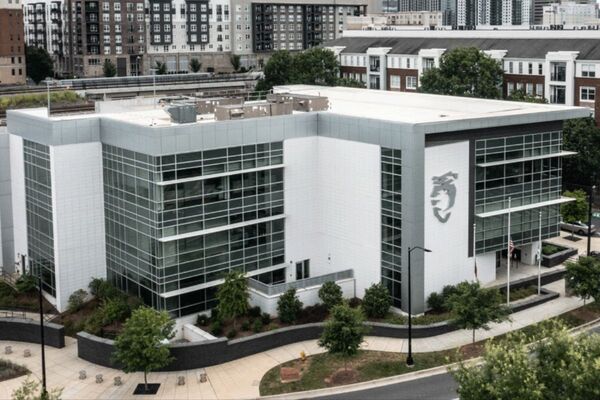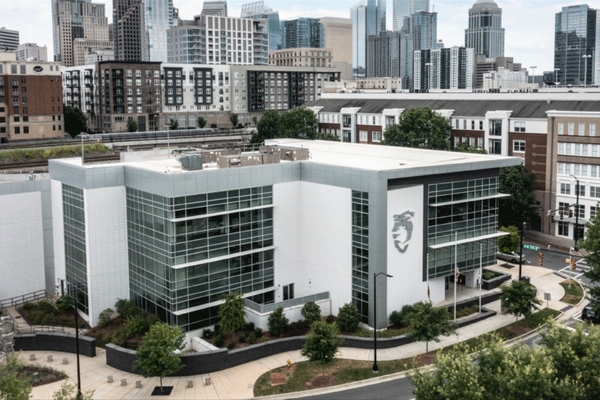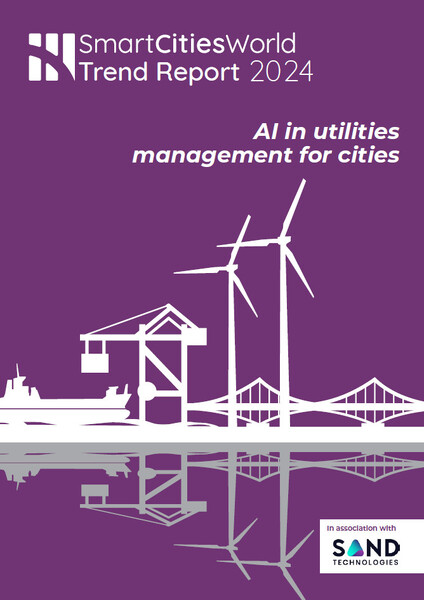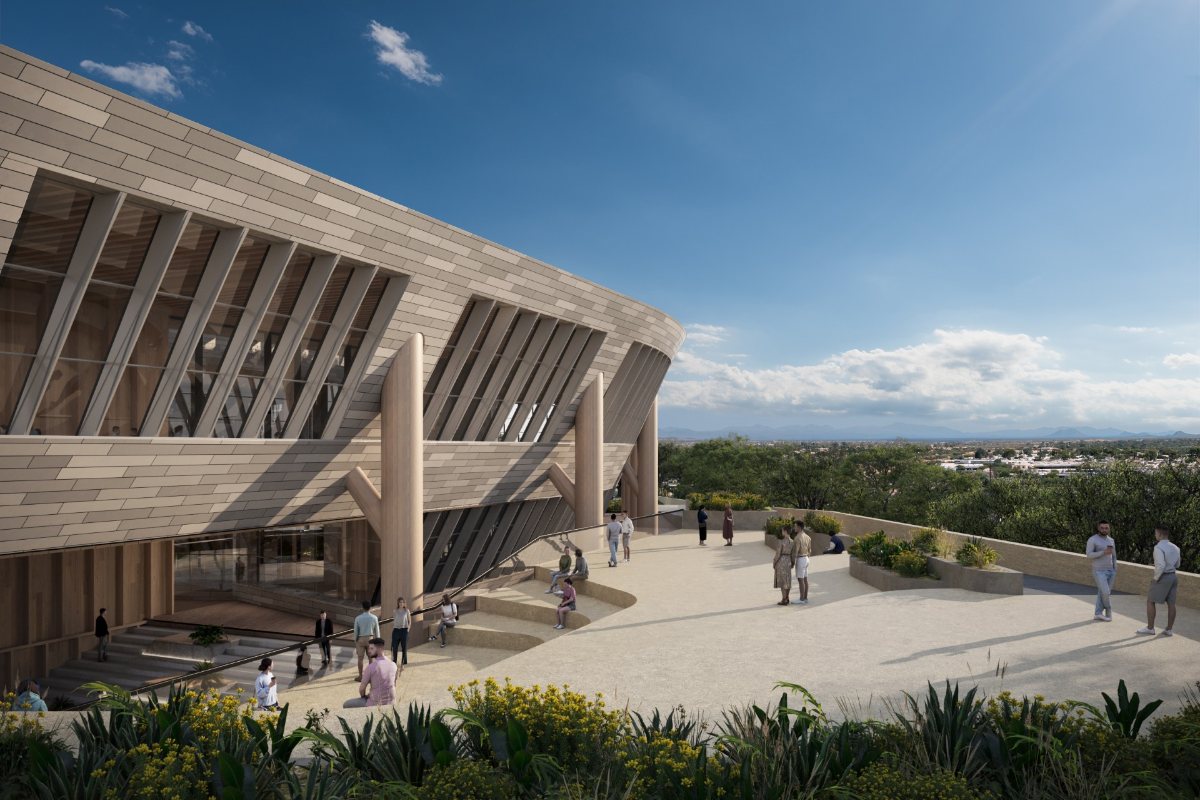Special Reports
SusHi Tech Tokyo 2024: experience ‘Tokyo 2050’ todaySponsored by The SusHi Tech Tokyo 2024 Showcase Program Executive Committee
New municipal buildings in Charlotte to be powered by electricity
It follows the latest round of updates on Charlotte’s Sustainable Facilities Policy, which is a cornerstone of the US city’s Strategic Energy Action Plan.
An “intensified focus” on decarbonisation in buildings is central to the City of Charlotte’s latest round of updates to its Sustainable Facilities Policy (SFP).
The policy now mandates that all new municipal buildings within the city be powered by electricity, marking a significant shift away from reliance on natural gas.
Charlotte Strategic Energy Action Plan
The SFP, previously adopted in 2021, is a cornerstone of Charlotte’s Strategic Energy Action Plan (SEAP) that aims to steer city departments toward designing, constructing and operating municipal facilities harmoniously with the city’s ambitious 2030 SEAP goal.
“With the updated Sustainable Facilities Policy, we are taking decisive steps toward realising our vision of a sustainable and resilient city,” said Mayor Vi Lyles.
“This policy underscores our commitment to environmental stewardship and positions us to achieve our SEAP objectives while harnessing financial incentives for clean energy projects.”
The City also stated that through action, it affirms its dedication to sustainability, and to help residents join the effort to build a more sustainable future. The SFP revision also strategically positions the city to maximise its benefits from federal rebates.
“With the updated Sustainable Facilities Policy, we are taking decisive steps toward realising our vision of a sustainable and resilient city”
Through the Inflation Reduction Act’s direct pay programme for clean energy projects, city staff will help Charlotteans harness financial incentives to further propel the transition to a cleaner, greener future.
For new construction, changes to the SFP include requirements for:
- New facilities to be all-electric with no new direct fossil fuels to power buildings except for backup generation
- HVAC geothermal systems
- Building automation systems
- Smart surfaces to reduce energy and heat (cool pavement and roofs)
- Feasibility analysis to determine if a net-zero building is possible.
For new construction and major renovations, SFP changes include:
-
- Encouraging the Leadership in Energy and Environmental Design (LEED) Environmental Product Declaration’s credit – environmental life cycle assessment
- Strengthening and expanding on-site solar renewable energy
- Scoping energy storage systems (battery) to maximise solar energy
- Pursuing LEED bicycle facility credit for facilities that meet the bicycle network requirement, which supports mode-shift and includes bicycle storage
- Requiring a periodic analysis for HVAC replacement projects to determine if electrification of systems can occur.






















